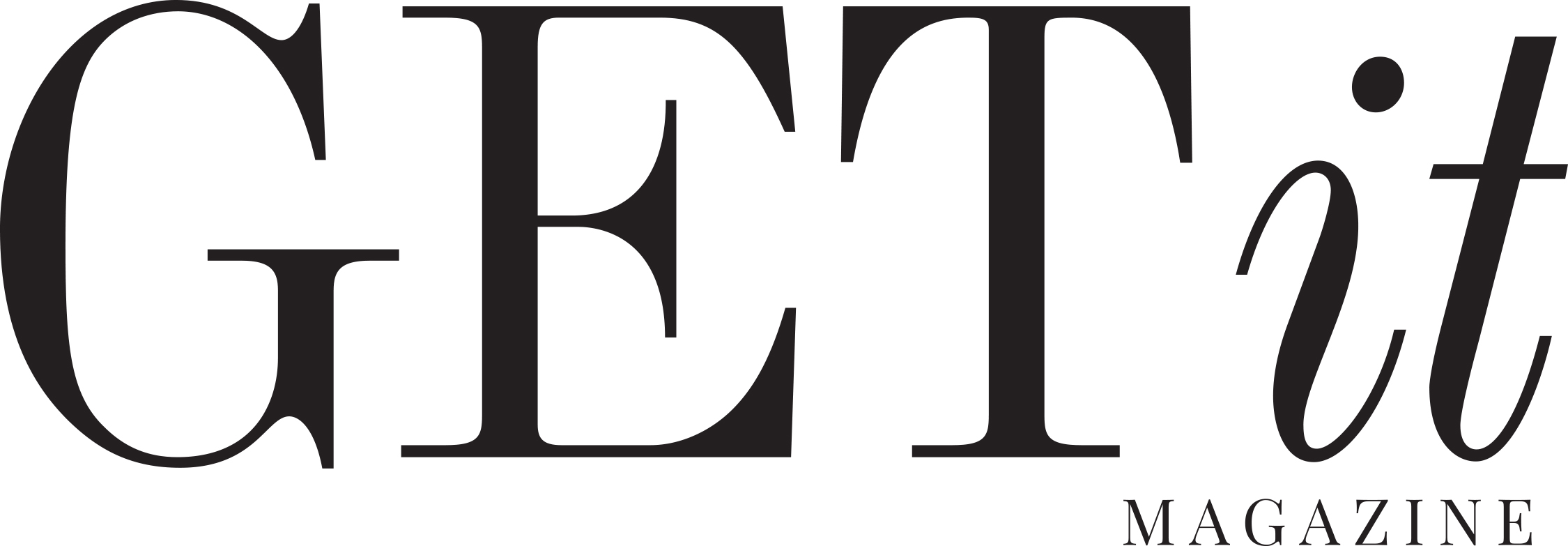By Andrew Harmer
In an era defined by social media, the influence of online personalities on young minds has never been more profound — particularly when it comes to ideas about masculinity. A recent survey by the Movember Institute has revealed a striking statistic: 68% of young Australian men actively engage with “masculinity influencers” across platforms like Instagram, TikTok, YouTube, and emerging social apps.
These influencers range from fitness gurus and lifestyle coaches to motivational speakers and self-styled “alpha male” advocates. Their content often revolves around personal development, financial success, physical fitness, dating advice, and what it means to “be a real man” in today’s society. While this has created opportunities for positive role modelling and self-improvement, health experts are sounding the alarm about the potential risks these messages may carry for young men’s mental health and identity formation.
At the heart of the concern is the way masculinity is being defined — or more accurately, narrowed. Many influencers present a version of manhood that prioritizes dominance, stoicism, physical prowess, and material success, often discouraging emotional vulnerability or non-traditional expressions of masculinity. According to psychologists, when young men are repeatedly exposed to rigid or hyper-masculine ideals, it can create internal conflicts. Boys who do not or cannot align with these portrayals may feel inadequate, ashamed, or isolated.
Mental health professionals warn that such influences can contribute to anxiety, depression, body dysmorphia, and even exacerbate feelings of loneliness. This is particularly concerning given that suicide remains the leading cause of death for Australian men aged 15–44, and social isolation is one of the most significant contributing factors. By promoting an unattainable or narrow version of manhood, influencers may — knowingly or unknowingly — deepen the struggles that young men already face.
However, it’s important not to paint all masculinity influencers with the same brush. There are many who advocate for healthy masculinity — encouraging emotional intelligence, open communication, mental health support, and community building. Programs like Movember’s “Man of More Words” campaign highlight the need for men to talk openly about their feelings, and some influencers are positively reinforcing these messages.
The conversation around masculinity is at a crossroads. Young men are seeking identity, purpose, and belonging in a fast-changing world, and online voices play a growing role in filling that void. The challenge, experts say, is ensuring that this influence is positive rather than damaging.
Educational campaigns, mentorship programs, and open dialogues are being called for to help young men critically assess the messages they consume online. Initiatives in schools and community groups across Australia, including the Gold Coast, are also stepping in to create spaces where young men can discuss masculinity in broader, healthier terms — promoting self-worth that isn’t tied to outdated stereotypes.
As we move further into 2025, the opportunity lies in balancing the empowerment that influencers can offer with the support and education young men need to thrive mentally, emotionally, and socially.


